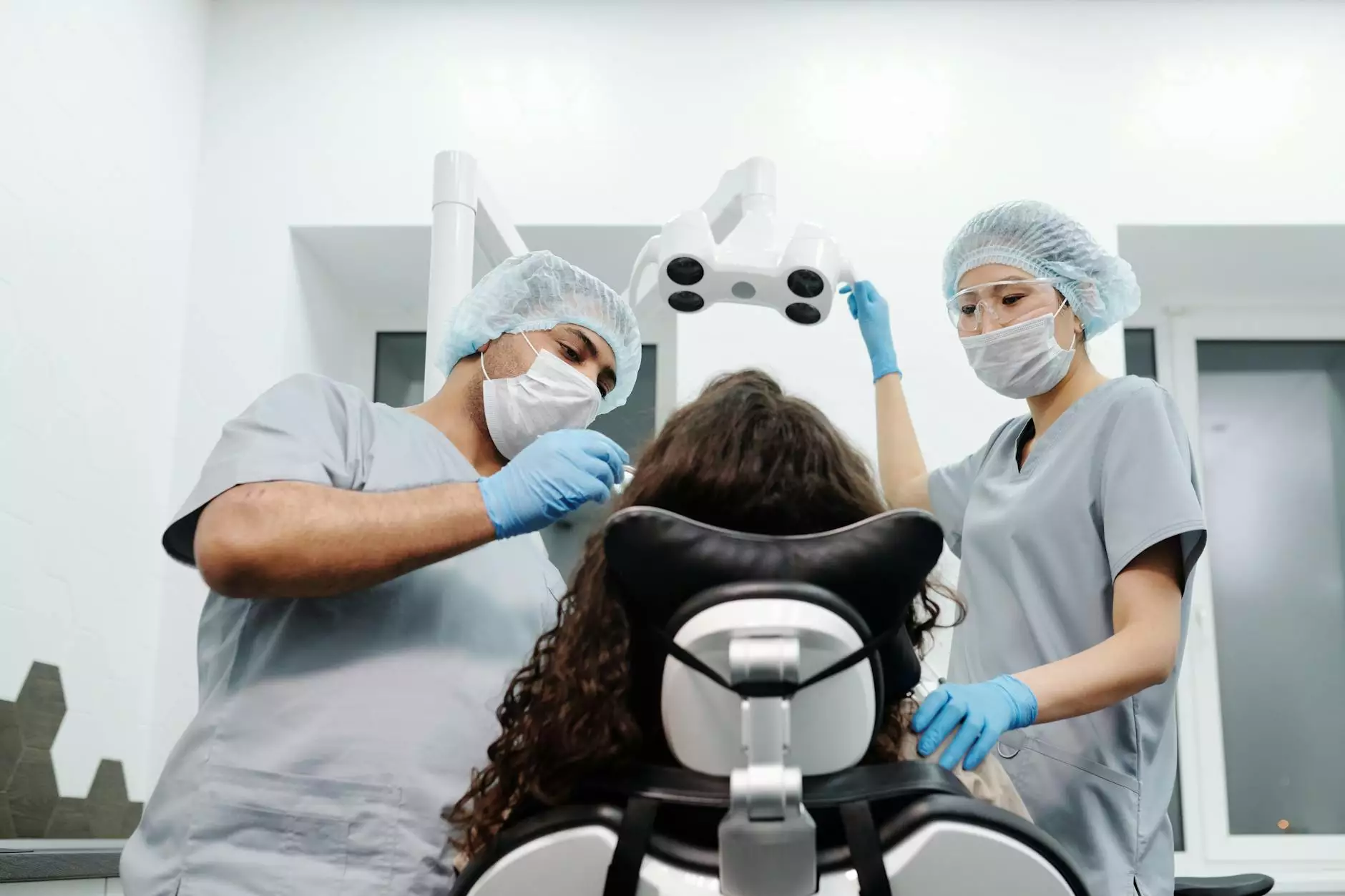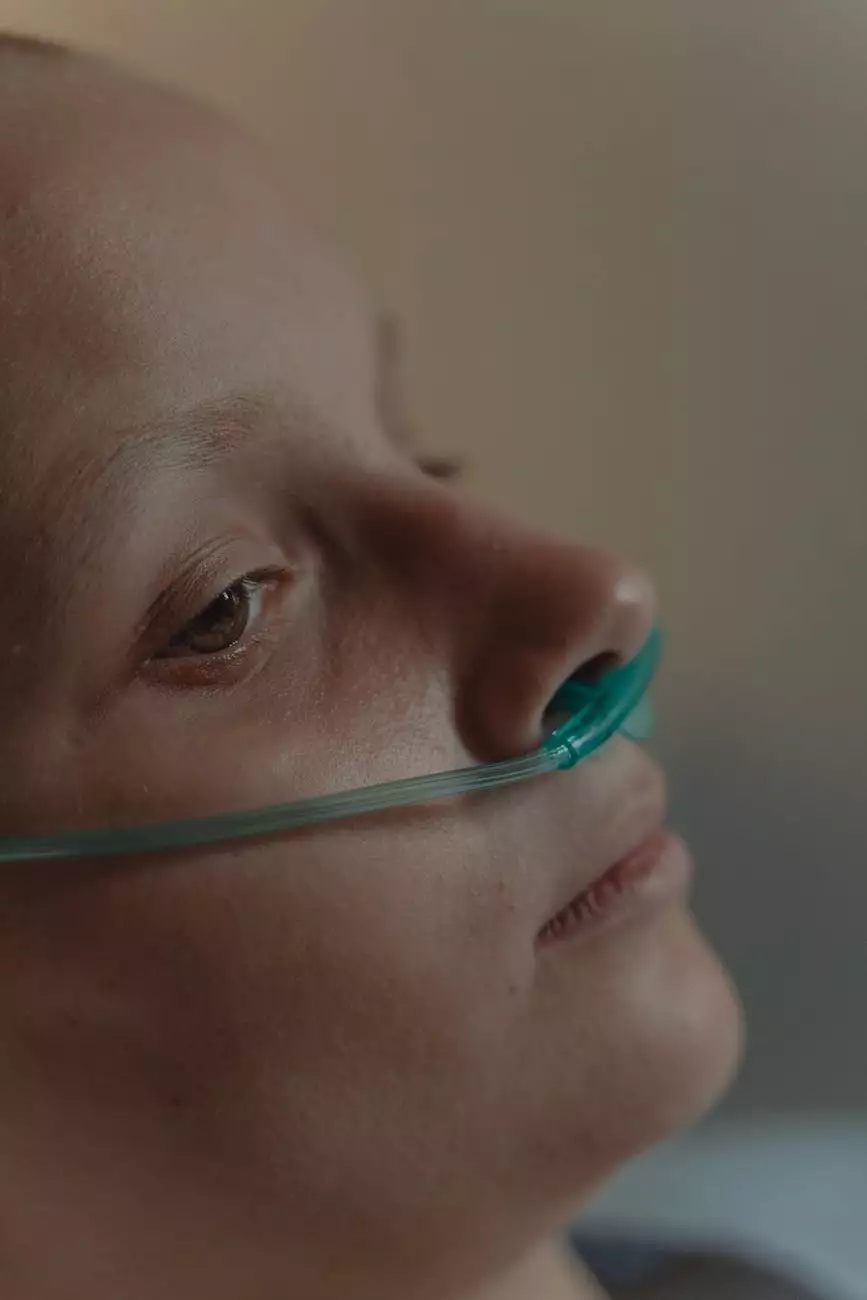Brain Cancer
Cancer Treatment Team
Understanding Brain Cancer
Welcome to Sibel Blau Oncology's resource page dedicated to brain cancer. Our mission is to provide you with the most comprehensive information and support related to this devastating disease. Brain cancer, a type of cancer that originates in the brain, impacts thousands of individuals each year. By understanding brain cancer types, symptoms, treatments, and support options, you can empower yourself in your journey towards overcoming this disease.
Types of Brain Cancer
Brain cancer encompasses various types, each with its unique characteristics and treatment approaches. Here are some of the most common brain cancer types:
- Gliomas: Gliomas are tumors that develop from glial cells, which provide support to nerve cells. They can occur in different parts of the brain and spinal cord.
- Meningiomas: Meningiomas are tumors that develop in the meninges, the protective membranes covering the brain and spinal cord.
- Medulloblastomas: Medulloblastomas are highly aggressive tumors that mainly affect children and originate in the lower back part of the brain.
- Pituitary Tumors: Pituitary tumors develop in the pituitary gland, a small gland located at the base of the brain that regulates hormone production.
- Primary Central Nervous System (CNS) Lymphomas: Primary CNS lymphomas are a rare type of brain cancer that originates in lymphocytes, a type of white blood cell.
Symptoms and Diagnosis
Recognizing the symptoms of brain cancer is crucial for early intervention and effective treatment. Some common symptoms of brain cancer include severe headaches, seizures, nausea, changes in vision or hearing, balance problems, and cognitive difficulties. However, it is important to note that symptoms can vary depending on the location and type of the tumor.
To diagnose brain cancer, your healthcare provider may perform various tests, including imaging scans such as MRI or CT scans, biopsies, and neurological examinations. These tests help determine the location, size, and characteristics of the tumor to develop an appropriate treatment plan.
Treatment Options
The treatment approach for brain cancer depends on several factors, including the type, size, and location of the tumor, as well as the overall health of the patient. Some common treatment options include:
- Surgery: Surgical removal of brain tumors helps to eliminate or reduce the tumor mass and relieve symptoms. It may be combined with other treatments as part of a comprehensive approach.
- Radiation Therapy: Radiation therapy utilizes high-energy beams to target and destroy cancer cells. It is often used after surgery or sometimes as the primary treatment for inoperable tumors.
- Chemotherapy: Chemotherapy involves using drugs to kill cancer cells. It may be administered orally or intravenously and can be used as a standalone treatment or in combination with other therapies.
- Targeted Therapy: Targeted therapy works by targeting specific genes, proteins, or tissue environments that contribute to cancer growth. It aims to disrupt the specific factors driving tumor growth.
- Immunotherapy: Immunotherapy stimulates the body's immune system to recognize and attack cancer cells. It can be effective in certain types of brain cancer.
Living with Brain Cancer
Living with brain cancer requires ongoing care, support, and lifestyle adjustments. Here are some tips to help you effectively cope with the challenges:
- Build a Support Network: Surround yourself with a strong support network of family, friends, and healthcare professionals who can provide emotional support and practical assistance.
- Stay Informed: Stay updated about the latest advancements in brain cancer research and treatment options. Knowledge empowers you to actively participate in your care.
- Practice Self-Care: Take care of your physical and emotional well-being by engaging in activities you enjoy, practicing stress management techniques, and following a balanced diet.
- Join Support Groups: Connect with others who are going through similar experiences by joining support groups or online communities. Sharing experiences can provide invaluable insights and emotional support.
- Communicate with Your Healthcare Team: Establish open and frequent communication with your healthcare team to discuss your concerns, ask questions, and ensure you receive the best possible care.
Sibel Blau Oncology is committed to providing personalized care, support, and resources to individuals and families affected by brain cancer. Together, we can navigate the challenges, find hope, and achieve better outcomes in the fight against brain cancer.










